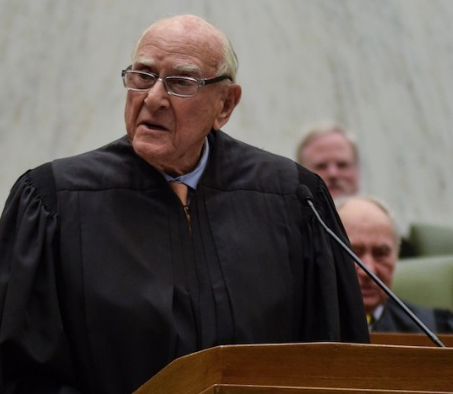Judge Jack Weinstein: Supervised release is too punitive, especially for marijuana users

Public officials are often reluctant to admit when they are wrong, but on Monday the 96-year-old Federal Court Judge Jack Weinstein issued an opinion where he laments systemically imposed periods of supervised release.
Weinstein went as far as to say that some of his own punishments have been too harsh, especially when it comes to marijuana users.
“I, like other trial judges, have in many cases imposed longer periods of supervised release than needed, and I, like other trial judges, have failed to terminate supervised release early in many cases where continuing supervision presents such a burden as to reduce the probability of rehabilitation,” Weinstein wrote in a 42-page opinion piece released Monday.

Brooklyn Boro
View MoreNew York City’s most populous borough, Brooklyn, is home to nearly 2.6 million residents. If Brooklyn were an independent city it would be the fourth largest city in the United States. While Brooklyn has become the epitome of ‘cool and hip’ in recent years, for those that were born here, raised families here and improved communities over the years, Brooklyn has never been ‘uncool’.